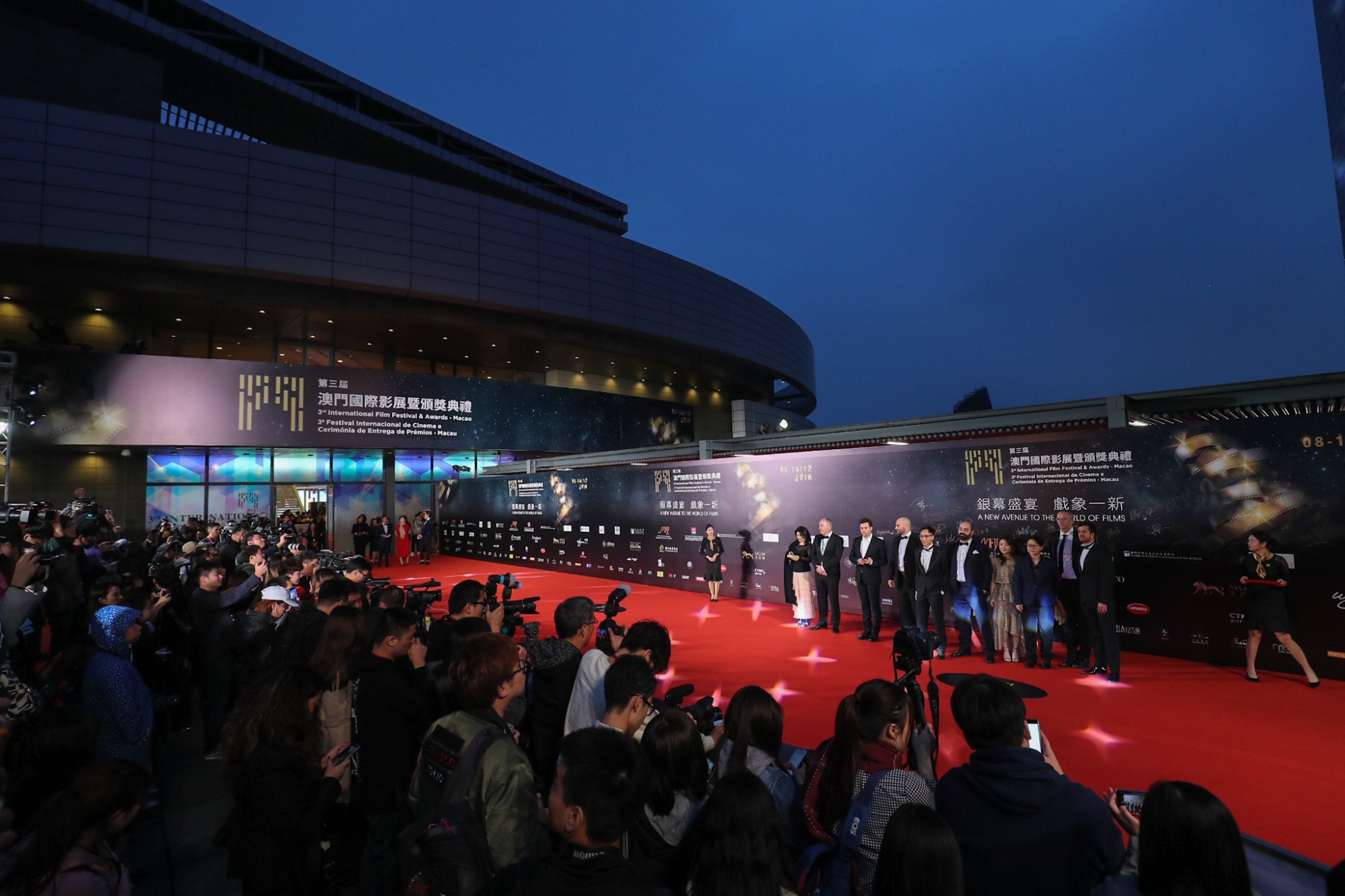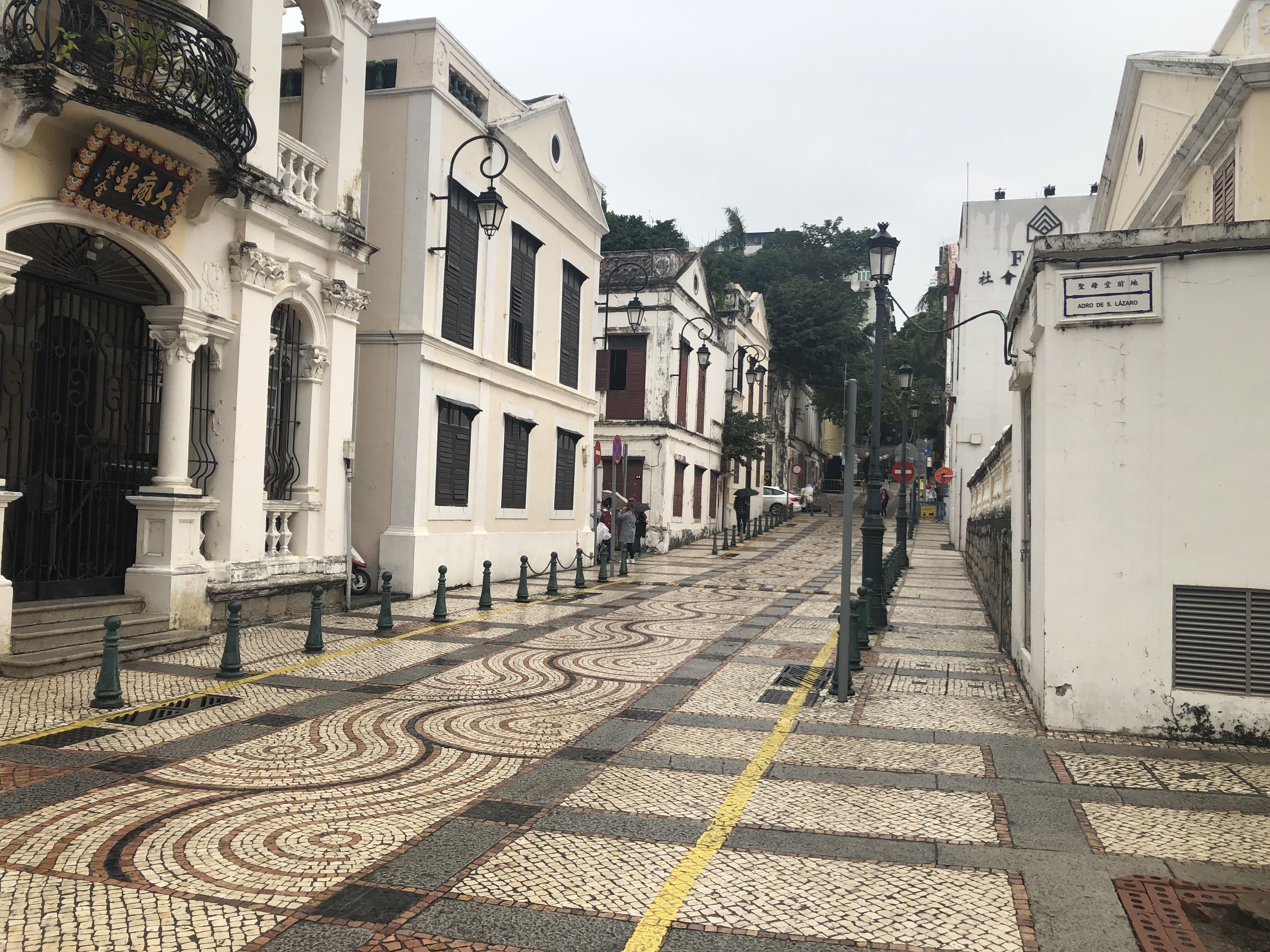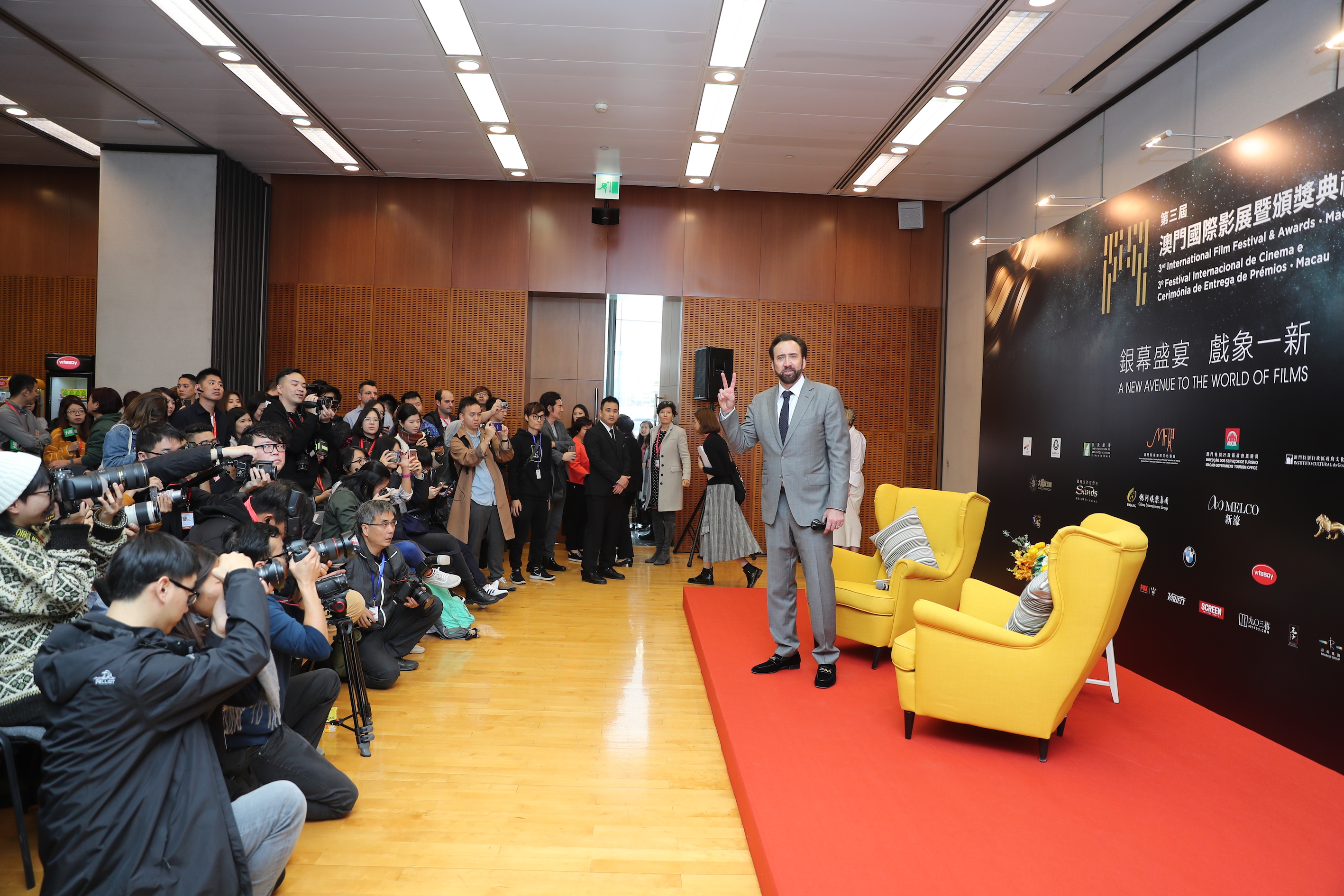
- Festivals
Macao Film Festival: Where East Meets West
After a short but intense week, the third edition of the Macao International Film Festival, also known as IFFAMACAO, concluded last Friday with an award ceremony and a screening of Zhang Yimou’s Shadow, submitted this year to the Golden Globes in the Best Foreign category. The fact that the opening film was Green Book, an American production that received five nominations at the Globes, including Best Picture, Musical or Comedy is a perfect example of what this festival’s goals – a balance between what the East and the West have to offer, with an equal amount of films from both sides of the world.

And Macao is precisely that. A former Portuguese colony that was handed back to China almost 20 years ago, the city still has a lot of European charm, even if most of the population speaks only Chinese and the balance is leaning more and more towards becoming just another Asian city. Still, there is plenty of Latin flavor in this small Chinese territory that has its own currency, its own immigration laws, and its own rules. All the signs are written in Portuguese as well as Chinese and sometimes in English, and the streets have two names, one in the language of Fernando Pessoa and the other in the one used by Lu Xun. Local food, called Macanese, has a vast influence of Mediterranean flavors, but with a Chinese twist, and the city itself, the only one in China where gambling is allowed, keeps many colonial buildings that remind the visitor of a different past.
With the guidance of Artistic Director, Mike Goodridge, who for many years was a member of the HFPA and was even elected as Vice President of our organization, just little over 50 films were invited to be screened during the event. In the official competition, just films from first-time and second-time directors were allowed. Interestingly, the two films that took the biggest awards dealt with the same issues. The Korean production Clean Up, directed by Kwon-Man-ki, got the award for Best Film for a story about a mother who reconnects with her son 12 years after leaving him behind. The Argentinean White Blood, from second-time director Barbara Sarasola-Day, was awarded the Jury Prize – it’s at the same time a thriller and a study on the relationship between a grown-up daughter and a father that abandoned her as a child. When Martina (Eva de Dominici) founds herself in deep trouble after crossing the border as a mule, she calls her father, a surgeon (Alejandro Awada) the only person who can save her even if they haven’t spoken in years.

Danish film The Guilty, another submission to the Golden Globes, received the award for Best Director for Gustav Möller, while Jakob Cedergreen, who spends every minute on the Danish production on camera, keeping the audience on their toes, was selected as Best Actor. The film, by the way, will have an American remake with Jake Gyllenhaal in the same role. German Aenne Schwarz was named Best Actress for her work in All Good, in which she plays a fiercely independent woman who has to deal with sexual abuse while trying to get ahead on her job.
The British film Scarborough got the Best Screenplay award for Barnaby Southcombe, who was also the director. Set in a real rundown, once-glamorous hotel in England, the story follows two couples who spent a few nights together and mirror each other. An older teacher (Jodhi May) is having an affair with an underage student (Jordan Bolger) while another older teacher, in this case, a man (Edward Hogg) is sleeping with a very young student of his (the up and coming Jessica Barden). The Mexican production The Good Girls received the Audience Award for the portrait of a rich woman (Ilse Salas) who tries to ignore the fact that her world is crumbling and she may have to face bankruptcy.
The jury was presided by Chinese director Chen Kaige, one of the few celebrities that attended the event. Nicolas Cage, named Ambassador of the festival, was also present for a short time and participated in the opening night. He also offered a master class that was moderated by our former colleague Goodridge.

